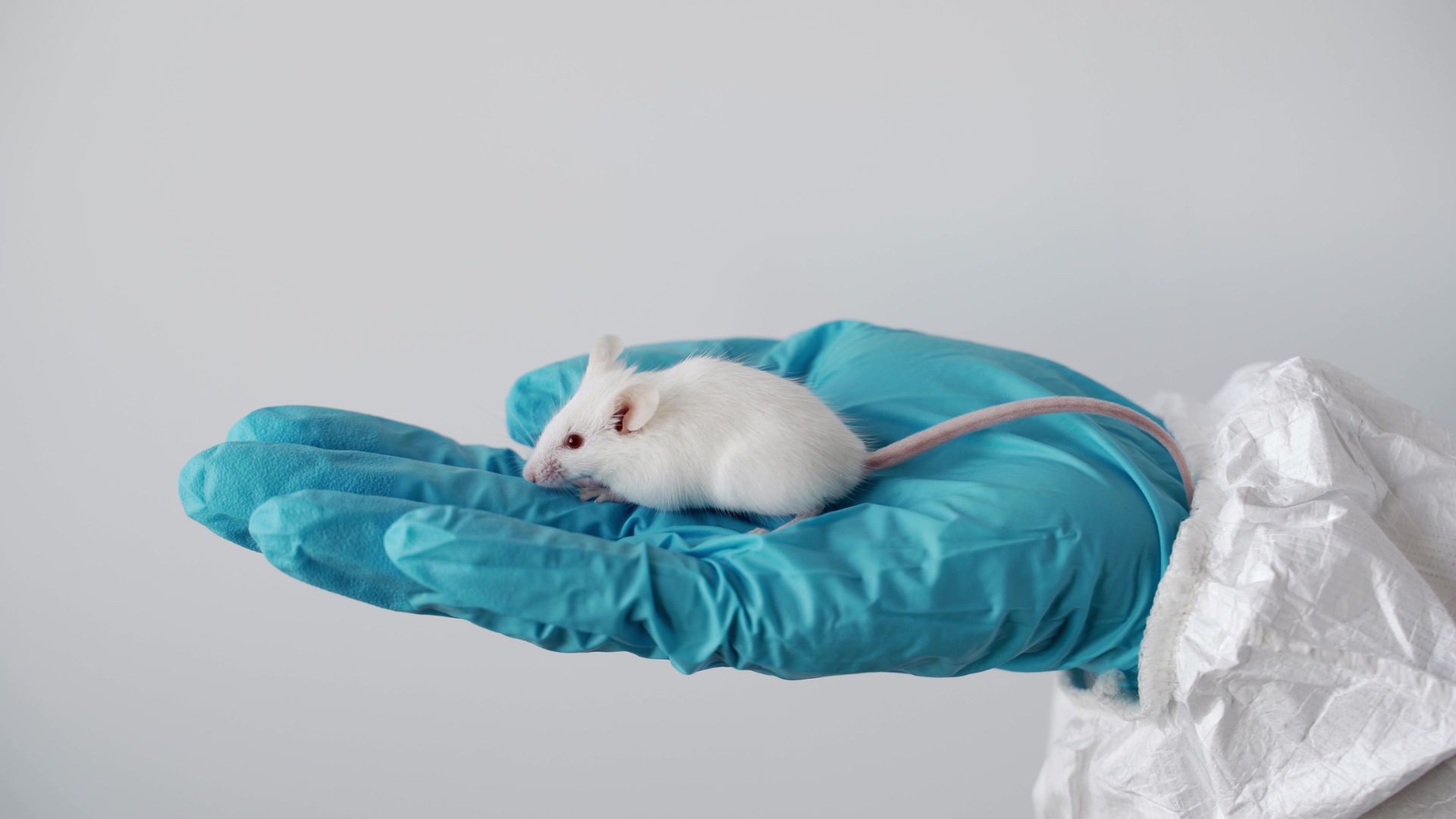10 Key Changes by MoCRA: Transforming FDA Cosmetic Regulations
The United States Congress recently passed the Consolidated Appropriations Act, which includes updates to U.S. cosmetics regulations. Years in the making, the Modernization of Cosmetics Regulation Act of 2022 (MoCRA) is the most significant reform of cosmetics law in recent U.S. history.
With the enactment of MoCRA, a new era of cosmetics regulations began, bringing comprehensive changes to how cosmetics are regulated in the United States.
MoCRA expands the U.S. Food and Drug Administration’s (FDA’s) regulatory authority over the cosmetics industry, enabling the agency to increase requirements for marketing cosmetics in the U.S. Though FDA has yet to establish detailed regulations, cosmetic companies should be aware of the changes included in the bill.
Explore how the most recent updates to cosmetics regulations under the FDA MoCRA are influencing industry standards and compliance in the U.S.
1. Cosmetic Facility Registration and Renewal
Mandatory FDA registration for owners and operators of facilities that manufacture or process cosmetic products for U.S. distribution with such registration renewal biennially.
Existing facilities will have one year from the date of enactment to register their facility with FDA whereas new facilities that manufacture or process cosmetic products for distribution in the U.S. after the enactment date must register within 60 days of marketing a product or 60 days after the deadline for registration, whichever is later.
Facilities must notify the FDA of any changes to registration information within 60 days of the change and now renew their FDA registration every other year.
2. Updating Product Listings Under the New Cosmetics Regulations
Companies must submit a mandatory product listing to FDA for each cosmetic product no later than one year after the enactment date. Cosmetic products marketed after the enactment must list the product within 120 days of marketing it.
Flexible listings will allow for a single submission for multiple cosmetic products with identical formulations or formulations that differ only with respect to colors, fragrances or flavors, or quantity of contents.
Companies must renew a product listing annually with any updates. There will be an abbreviated listing option for products that have not changed since their previous listing.
3. FDA MoCRA and Cosmetic Good Manufacturing Practices (GMP)
As mandated by MoCRA, FDA oversight of cosmetic Good Manufacturing Practices (GMPs) ensures higher standards of safety and quality. Understanding MoCRA GMP requirements is crucial for compliance.
Facilities will be required to adhere to Good Manufacturing Practices (GMPs) that are consistent with national and international standards. GMP is intended to protect public health and ensure that cosmetic products are not adulterated.
This regulation will allow FDA to inspect facilities and have access to records that it deems necessary to verify compliance with GMP established by the FDA. Currently, the FDA has 2 years from the enactment, to publish a Notice of Proposed Rulemaking for the Cosmetic GMP, with the Final Rule no later than 3 years after enactment.
4. New Cosmetic Labeling Requirements
Product labels must be updated to include a domestic address, domestic phone number, or electronic contact information where a responsible person can receive adverse event reports.
Cosmetic products that contain fragrance allergens will need to update their label to list those allergens. The proposed fragrance allergens must be issued within 18 months after the date of the enactment, with the final ruling issued no later than 180 days after the public comment period closes.
For professional cosmetic products, labels must indicate a clear and prominent statement that the product is administered or used only by licensed professionals and is in conformity with the existing cosmetic labeling requirements.
Looking for a hands-off approach to labeling? Our Regulatory Specialists can review and redesign your cosmetic label for FDA compliance. Get started here.
5. Adverse Event Report
In the event of a Serious Adverse Event associated with a cosmetic product, the responsible person must submit a report, accompanied by a copy of the label on or within the retail packaging no later than 15 business days after the report is received.
If a company receives new and material medical information related to the report within 1 year of the initial report, it must submit the information to FDA within five business days of receiving it.
6. Cosmetic Safety Substantiation
Companies must maintain records supporting adequate safety substantiation for their cosmetic products.
MoCRA specifies that substantiation must be in the form of “tests or studies, research, analyses, or other evidence or information that is considered, among experts qualified by scientific training and experience to evaluate the safety of cosmetic products and their ingredients, sufficient to support a reasonable certainty that a cosmetic product is safe.”
7. Cosmetic Records Inspection
The new cosmetic regulations give authority to the FDA to access and copy certain records related to a cosmetic product if there’s a reasonable belief that a cosmetic product or ingredient presents a threat of serious adverse health consequences or death to humans upon use.
8. Cosmetic Mandatory Recall
Suppose the FDA determines there is a reasonable probability that a cosmetic is adulterated or misbranded, and the use or exposure to such cosmetic will cause serious adverse health consequences.
In that case, the Responsible Person has the opportunity to recall the product, but if refused, FDA, by order, can call for the immediate cease distribution and recall the product.
9. Cosmetic Adverse Report Record-Keeping
Records of adverse event reports must be maintained for 6 years, and FDA must be able to access them during inspections. FDA may request a written list of all ingredients in the product’s fragrances or flavors if it believes an ingredient or combination of ingredients has caused serious adverse events. This list must be submitted within 30 days of FDA’s request.
10. Small Business Exemptions
Small businesses are exempt from certain regulations. FDA defines small businesses as those with average gross annual sales for the previous three-year period totaling less than $1,000,000.
This shall not apply to any responsible person or facility engaged in manufacturing cosmetic products that regularly come into contact with the eye, are injected, are intended for internal use, or alter the appearance for more than 24 hours under conditions of use that are customary or usual and removal by the consumer.
Don’t wait. Educate yourself with MoCRA Now!
You should become familiar with the MoCRA requirements that apply to your facility or cosmetic products under the forthcoming regulations. New requirement provisions become effective 1 year after MoCRA’s enactment.
Because many requirements are new to facilities and cosmetic companies—such as standardized GMPs, facility registration, and Cosmetic Product listing—complying with regulations could be challenging. Registrar Corp offers full-service compliance assistance for cosmetics as well as software solutions specialized to help companies comply with cosmetic regulations.
Are you ready to navigate the complexities of the new cosmetics regulations standards set forth by FDA and its MoCRA? Registrar Corp provides expert guidance and full-service compliance assistance to help your business thrive under new MoCRA mandates.
We provide several solutions for MoCRA’s new requirements, including serving as a domestic U.S. Agent, assisting with Facility registration and renewal, Cosmetic Product listing and renewal, guidance with FDA requirements, and much more!
Frequently Asked Questions for Cosmetic Regulations
What are the two important laws in current cosmetics regulations?
The two main laws that govern cosmetics in the U.S. are the Federal Food, Drug, and Cosmetic Act (FD&C Act) and the recently passed Modernization of Cosmetics Regulation Act of 2022 (MoCRA).
The FD&C Act provides the FDA with authority to oversee the safety of food, drugs, and cosmetics, while MoCRA specifically updates and expands FDA’s regulatory authority over cosmetics, introducing comprehensive requirements for facility registration, product listing, and good manufacturing practices among others.
These laws are pivotal in defining the framework for cosmetics regulations in the U.S., guiding manufacturers and distributors in compliance with safety and quality standards.
What is the Federal Cosmetics Act?
The Federal Cosmetics Act refers to relevant provisions within the Federal Food, Drug, and Cosmetic Act (FD&C Act).
The FD&C Act is a set of laws passed by Congress in 1938 that gives authority to the FDA to oversee the safety of food, drugs, and cosmetics. It has been amended multiple times to adapt to new challenges and technologies, including the integration of MoCRA to address modern cosmetic regulation needs specifically.
What is MoCRA cosmetic compliance under FDA regulations?
MoCRA cosmetic compliance involves adhering to the latest FDA guidelines on facility registration, product listing, and safety substantiation. This ensures all marketed cosmetics meet stringent safety and quality standards under the FD&C Act and MoCRA.
Compliance ensures that cosmetics sold in the U.S. meet safety standards to protect public health, and non-compliance can lead to legal penalties, recalls, or other enforcement actions by the FDA.
Can you sell cosmetics online without a license?
Under MoCRA and the FD&C Act, the FDA does not generally require a “license” to sell cosmetics online.
However, manufacturers and distributors must ensure that their facilities are registered with the FDA and that products are listed as required by MoCRA. Additionally, cosmetics must comply with labeling and safety standards. While a license per se may not be needed, adherence to these regulations is mandatory for legal sales.








